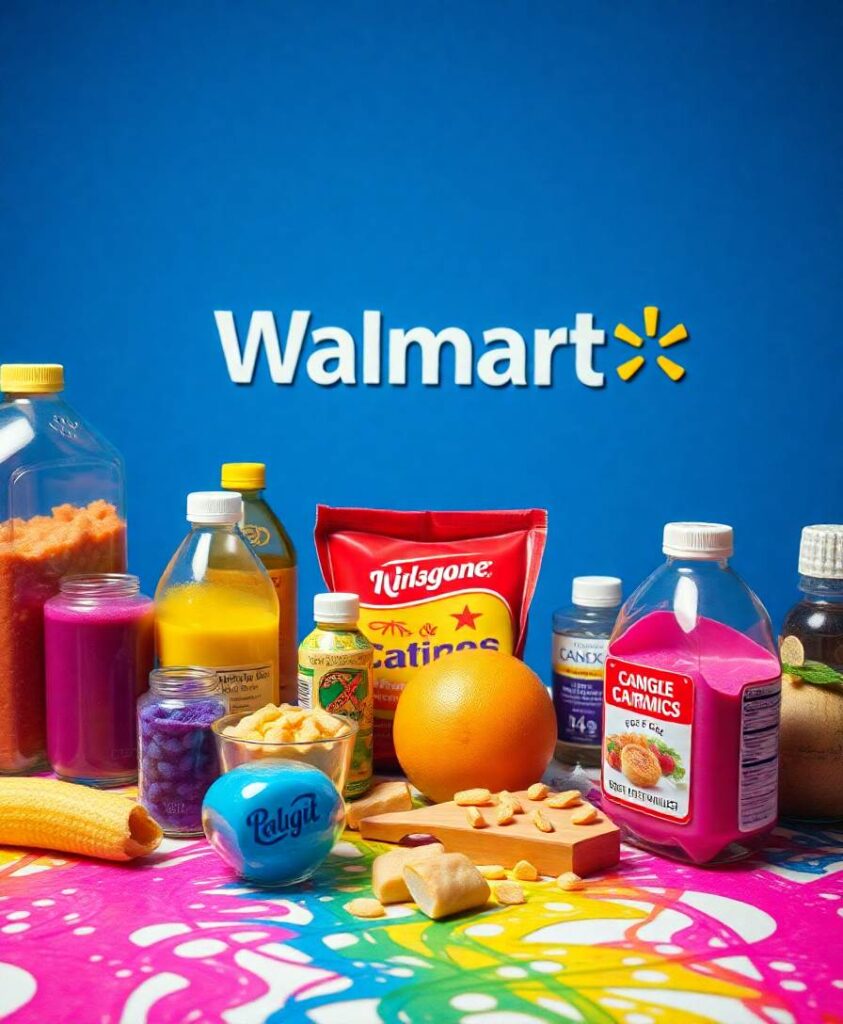Wowzers! Guess what scientists found? They discovered that PFAS, a group of toxic fluorine compounds known as ‘forever chemicals,’ can be found in plastic containers. These containers are not just any old containers, though. They are made of fluorinated high-density polyethylene (HDPE) and are used for all sorts of things like household cleaners, pesticides, personal care products, and potentially even food packaging! It turns out that PFAS is sneaking its way into the food we eat through these containers. It’s like having a spy infiltrating a secret base! But fear not, dear readers! Researchers are constantly adding to their list of consumer products that may contain these chemicals so we can stay informed and make healthier choices. So next time you grab that bottle of cleaning spray or pick up some food at the grocery store, take a moment to pause and think about the materials those items are made of. And hey, if you want to dive deeper into this fascinating research on PFAS in plastic containers and their impact on our food supply, be sure to check out the full article!



